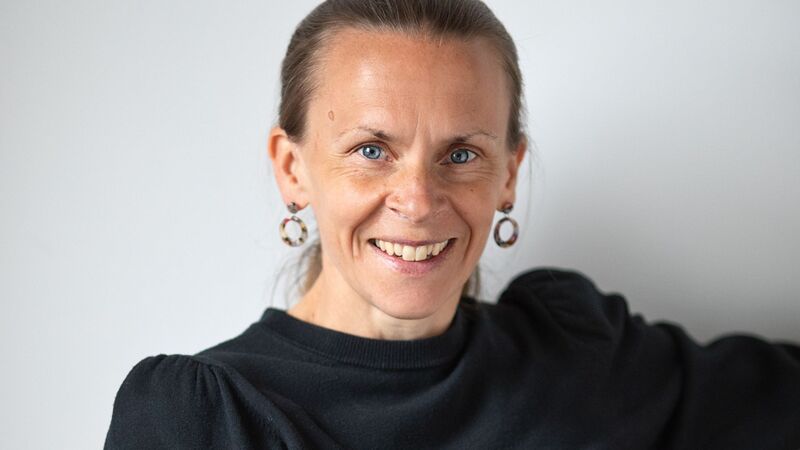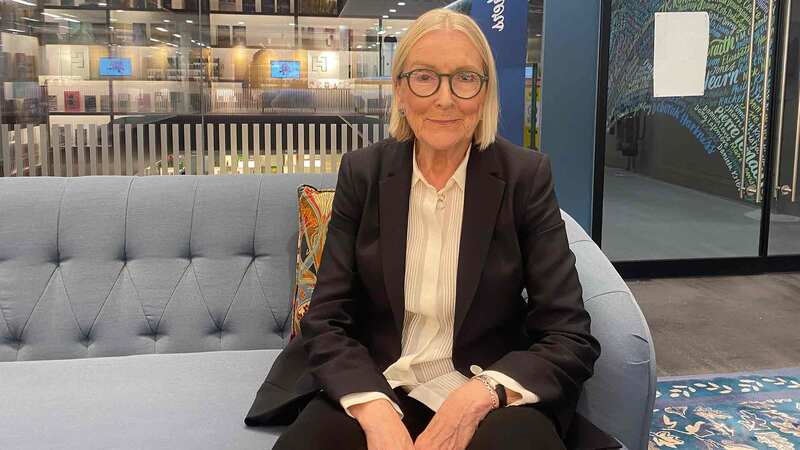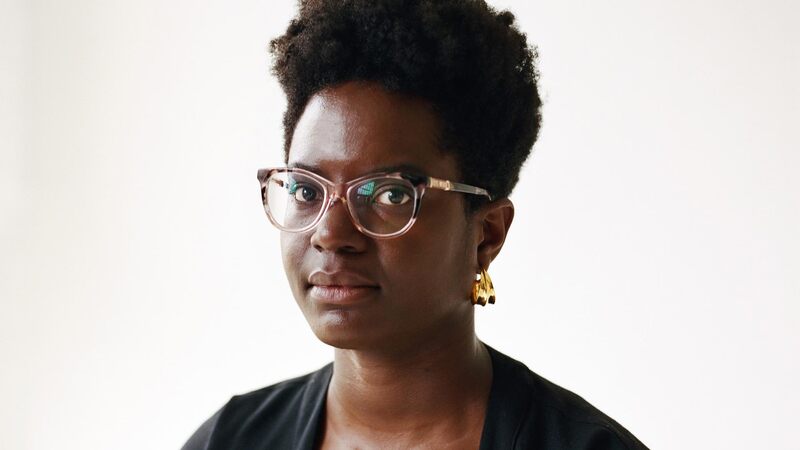You are viewing your 1 free article this month. Login to read more articles.
Big Four’s share continues to fall
With a UK print market growing by the barest of margins (+1.3% to £652.7m) in the first half of 2017, it may come as no surprise that the TCM performance of the UK’s top publishers was something of a mixed bag.
Following a trend of the past few years, the Big Four (Penguin Random House, Hachette, HarperCollins and Pan Macmillan) collectively have been slightly worse off than the market as a whole. Together in the first half of 2017, the quartet generated £298.3m, a marginal drop in Nielsen BookScan revenue of 0.7%. The Big Four’s share, again following patterns of recent vintage, shrank to 45.5% from 46.6% a year ago. Paradoxically, in the age of the conglomerate, what is driving growth (admittedly slim this half-year) is the mid-size players.
Letting the side down in 2017 for the Big Four has been Pan Mac. Its 12.2% drop is in a large part due to the year-on-year difference between Joe Wicks’ TCM revenues. But weep no tears (crocodile or otherwise) for Pan Mac, as context is everything. The publisher is coming off consecutive half-year rises of 20% and 36.5%, and if it continues on this pace for the rest of 2017, it will record its third-highest TCM haul (around £68m) since records began.
PRH was flat this half-year, but add the DK and Rough Guides group’s 15.4% downturn and the entire PRH UK business had a slightly larger 1.9% decrease. Random House (+1.7% to £47.1m) and Transworld (+1.6% to £18.1m) beat the overall market. RH was strong in non-fiction: its top three books were by Mary Berry, Yuval Noah Harari and Paul Kalanithi; while Lee Child’s monster half-year (up 42% to £3.1m) led the way for Transworld. Penguin’s sales slipped marginally (–1.2% to £59.3m), partially the result of the decrease in the Ladybird Books for Grown-ups’ sales. DK’s differential is down to Star Wars—in the first half of 2016, 10 spin-offs from the film franchise earned over £50,000, four of which took in excess of £100,000. In 2017, just one title passed £50,000.
Hachette was up 3% and grew its market share to 12% (from 11.8%). The engine of growth was its smaller divisions. Quercus was up a massive 20% (to £5.6m), thanks in large part to Bruno Vincent’s Enid Blyton parodies (£847,000) and Sarah Knight, who took home £765,000. Her Life-changing Magic of Not Giving a F **k is the division’s top seller of the half-year. Headline jumped 13.6% to £6.3m, led by Neil Gaiman, Maggie O’Farrell (£434,000) and Bryony Gordon (£379,000). Both Hachette Children’s and Hodder Education had 9% TCM jumps (to £8m and £5m respectively).
Little, Brown remains the biggest Hachette division, but its sales fell 2.2% (to £17m), though there have been strong first halves for J K Rowling, Clare Mackintosh and Val McDermid. Hodder was up 3.5% (£16.4m) with Jodi Picoult’s Small Great Things leading the way. Orion was down (–5.2% to £13.5m); Fearne Cotton’s Happy was Orion’s only title to earn over £500,000; in the first half of 2016 it had three titles pass that barrier.
HarperCollins rose 5.1%, and its £48.1m is its biggest half-year total since 2011. The thank-yous should go to David Walliams, who accounted for 13.1% of HC’s entire crop, its top three bestselling books by value, and 10 of its top 20 titles.
Double dips
Further down the list, Bloomsbury has had a standout 2017, with Tom Kerridge, Gaiman and a Harry Potter 20th anniversary-boosted Rowling spurring its double-digit growth. Test guide specialist CGP notched up another impressive total, making its first appearance in the top 10 on the back of its second straight half-year of 25%+ TCM sales rises.
Walker’s 26% jump has been driven in large part by Michael Rosen and Helen Oxenbury’s We’re Going on a Bear Hunt, which benefited from a Channel 4 adaptation aired at the end of last year. Amazon’s self-publishing arm Createspace, meanwhile, continues to grow. It has achieved this with a lot of titles selling very low numbers: 88% of its £7.3m value has been generated by titles selling fewer than 100 copies.
Tate Publishing leads our percentage growth top 10, with its spike driven by the £1.2m it has earned from tie-in titles to its blockbuster David Hockney exhibition (two Hockney titles added almost £100,000 to Thames & Hudson’s coffers). Similarly, 55% of the Royal Academy of Arts’ value sales derive from companion titles to its Revolution: Russian Art 1917–1932 show. Meanwhile, single titles/authors boosted Elliott & Thompson (two-thirds of its revenue came from Tim Marshall’s Prisoners of Geography); Andrews & McMeel (poet Rupi Kaur is responsible for 51% of its takings); and Quirk (a whopping 91% stemming from Ransom Riggs’ Miss Peregrine series).


















